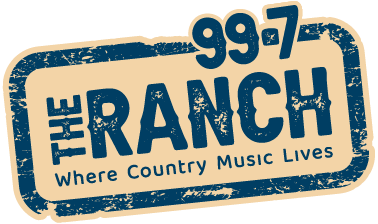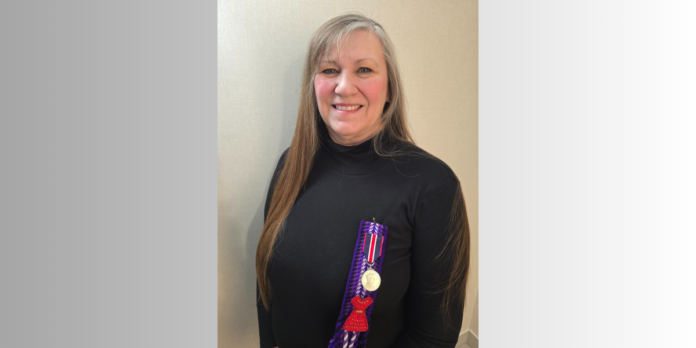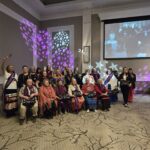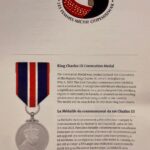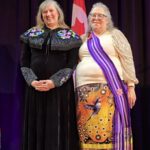A long-time advocate for Indigenous representation in the oil and gas sector, Annette Hobart has been awarded the King Charles III Coronation Medal in recognition of her dedication to Truth and Reconciliation.
A proud Métis woman and external engagement specialist with the Alberta Energy Regulator Hobart has spent over 25 years ensuring Indigenous voices are not only heard but actively shape decision-making spaces.
“It is a profound responsibility and privilege to bridge Indigenous ways of knowing with modern practices, ensuring that my community’s wisdom is carried forward,” Hobart said. “This nomination represents not just my work but the enduring resilience of Métis culture and the journey toward reconciliation that I am proud to champion.”
Hobart’s career has been built on strengthening authentic engagement between Indigenous communities and the energy sector. Her work spans from storytelling and mentorship to policy development and cultural preservation. After leaving the Alberta Energy Regulator in 2013 due to concerns about alignment with her values, she launched her own company to help Indigenous communities navigate consultation processes, economic development and negotiations.
However, in 2017, an old colleague encouraged her to return. “He told me, ‘People who do engagement are worth their weight in gold. If you can’t do your job, you might as well just bring donuts, and you are worth your weight of gold,” she recalled. Recognizing that the regulator had placed Indigenous engagement as a key part, she decided to come back.
Since then, she has led groundbreaking initiatives, including a new incident and emergency response process that incorporates Indigenous perspectives. “We built a process that includes their voices and when we took it back to the communities, the feedback was overwhelmingly positive. That’s not something you often hear – so it was a moment of real impact.”
Other than her regular work, Hobart has been involved in international Indigenous advocacy. She helped connect Canadian Chiefs with Indigenous leaders from the Amazon Rainforest and presented at the United Nations on the connection between Indigenous women and the land. Recently, she has also taken on a unique role as a cultural advisor for a Sweden-based gaming company, ensuring that Indigenous representation in their projects is authentic and respectful. “This is what Truth and Reconciliation really looks like – having Indigenous people at the table at every step.”
Hobart has doubt when she first received an email informing her of the medal nomination. “I had just finished cybersecurity training, so I thought it was a phishing scam!” she admitted. It wasn’t until she contacted the Les Femmes Michif Otipemisiwak which means The Métis woman who own themselves, that she realized it was real. “I just about passed out. I had no idea someone had been watching my work from across the country.”
Last week, she traveled to Ottawa to attend a symposium for Métis women, where she officially received the medal. Reflecting on what receiving the medal means, she remains humble. “I don’t think I do anything amazing, my colleagues might say otherwise, but I just try to make a difference where I can. If something doesn’t sit right with me I speak up.”
Looking ahead, Hobart believes the future for Truth and Reconciliation in Canada’s resource sector is, Indigenous people must have seats at decision-making tables. “We’re not an afterthought anymore. Indigenous people bring invaluable skills and perspectives to these industries, and companies need to be actively engaging with us.”
Her commitment to strengthening the understanding and representation continues to shape policies and conversations that will impact Indigenous communities for years to come.


